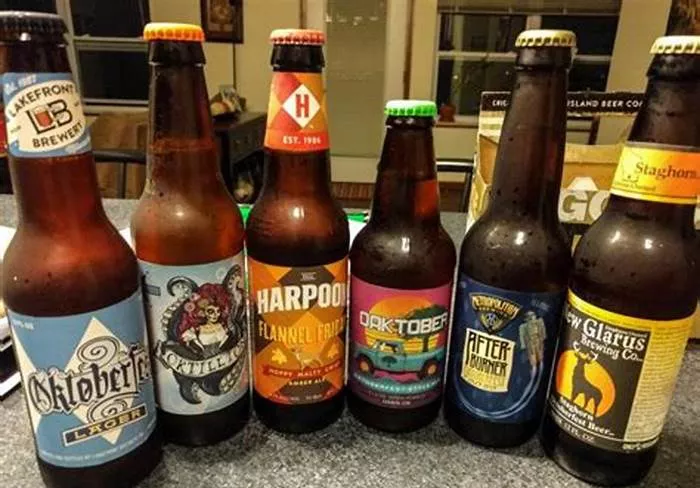Carlsberg Denmark has reached an agreement with agricultural partners DLG and Viking Malt to source Danish malt barley cultivated using regenerative farming principles. This partnership marks a significant step in Carlsberg’s sustainability journey, with plans to brew its first beer in Denmark made entirely from regeneratively grown barley, set to debut in 2025.
As part of its overarching sustainability strategy, Together Towards ZERO and Beyond, Carlsberg Group has committed to sourcing all its raw materials through regenerative agricultural practices by 2040. The company aims to reduce its environmental impact, focusing on lowering carbon emissions and enhancing biodiversity through more sustainable farming practices.
The newly sourced malt barley will come from 100 hectares of farmland in Zealand, cultivated using key regenerative methods. These practices include minimal tillage, ensuring soil is covered for 95% of the year, rotating crops over five harvest seasons, and reducing reliance on synthetic fertilizers and pesticides. The barley, harvested this year, will be used to produce up to 500 tonnes of malt for Carlsberg’s breweries in Copenhagen and Fredericia, contributing to the production of approximately 3.3 million liters of beer.
A portion of this malt will be used to craft a special edition of Carlsberg beer, brewed entirely with regeneratively grown barley. This limited-edition beer will be available in 2025, offering consumers a unique product that aligns with Carlsberg’s sustainability goals. The remainder of the malt will be used to brew Carlsberg Pilsner, with the aim to eventually make it entirely from regenerative raw materials. Despite the new farming methods, the barley retains the same quality and flavor profile as conventional varieties, meaning consumers will experience no noticeable difference in taste.
Peter Haahr Nielsen, CEO of Carlsberg Denmark, emphasized the environmental benefits of regenerative farming, noting that around 24% of Carlsberg’s CO2 emissions in Denmark stem from agriculture, the primary source of the raw materials for its products. By shifting to regenerative farming, Carlsberg aims to reduce its carbon footprint and improve resilience to climate challenges like droughts and extreme rainfall, while also contributing to the restoration of biodiversity.
“This initiative represents a key step in our sustainability strategy. By working with regenerative farming practices, we are not only tackling our own emissions but also encouraging broader industry change,” Nielsen said. “We’re excited to introduce our first regenerative brew in Denmark and look forward to the opportunity to support the green transition in the country’s food sector.”
The partnership also highlights a broader effort to build a sustainable agricultural supply chain. With no official global standard for regenerative raw materials, Carlsberg has worked closely with agricultural consultancy firm Agrovi to develop tailored guidelines for regenerative farming in Denmark. This collaborative approach aims to further develop and scale regenerative farming practices within the country.
DLG, which is supplying the regeneratively grown barley, sees significant business potential in expanding the market for regenerative crops. Bøje Kjær, Executive Vice President of DLG, pointed out that accelerating the adoption of regenerative farming will require collaboration across the food sector, with more companies adopting similar practices to strengthen the supply chain.
“There is huge potential for regenerative crops, and we are just beginning to realize its value. The next step is to bring more food companies into the fold so we can build a strong, sustainable raw material base,” Kjær said.
Viking Malt, which will handle the malting process, also plays a key role in this initiative. Kasper Madsen, CEO of Viking Malt, emphasized the company’s commitment to sustainable practices in malting and agriculture. “We’re dedicated to exploring and supporting more sustainable methods of malting, and regenerative agriculture is central to that goal,” Madsen said.
Carlsberg’s regenerative beer initiative is a promising start, but it signals a broader movement towards sustainable agriculture and production practices, one that could reshape the future of the brewing industry in Denmark and beyond.
You Might Be Interested In:


